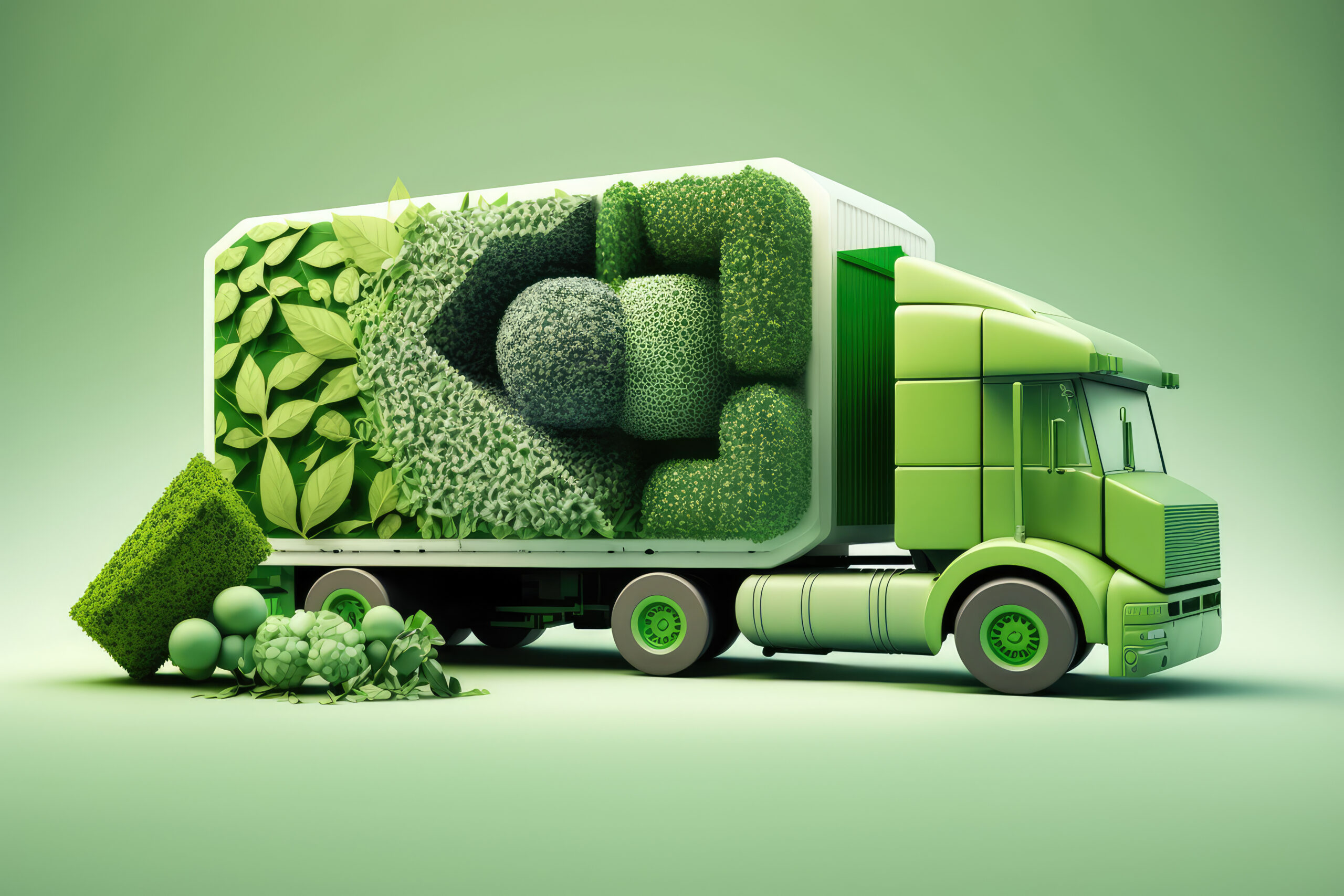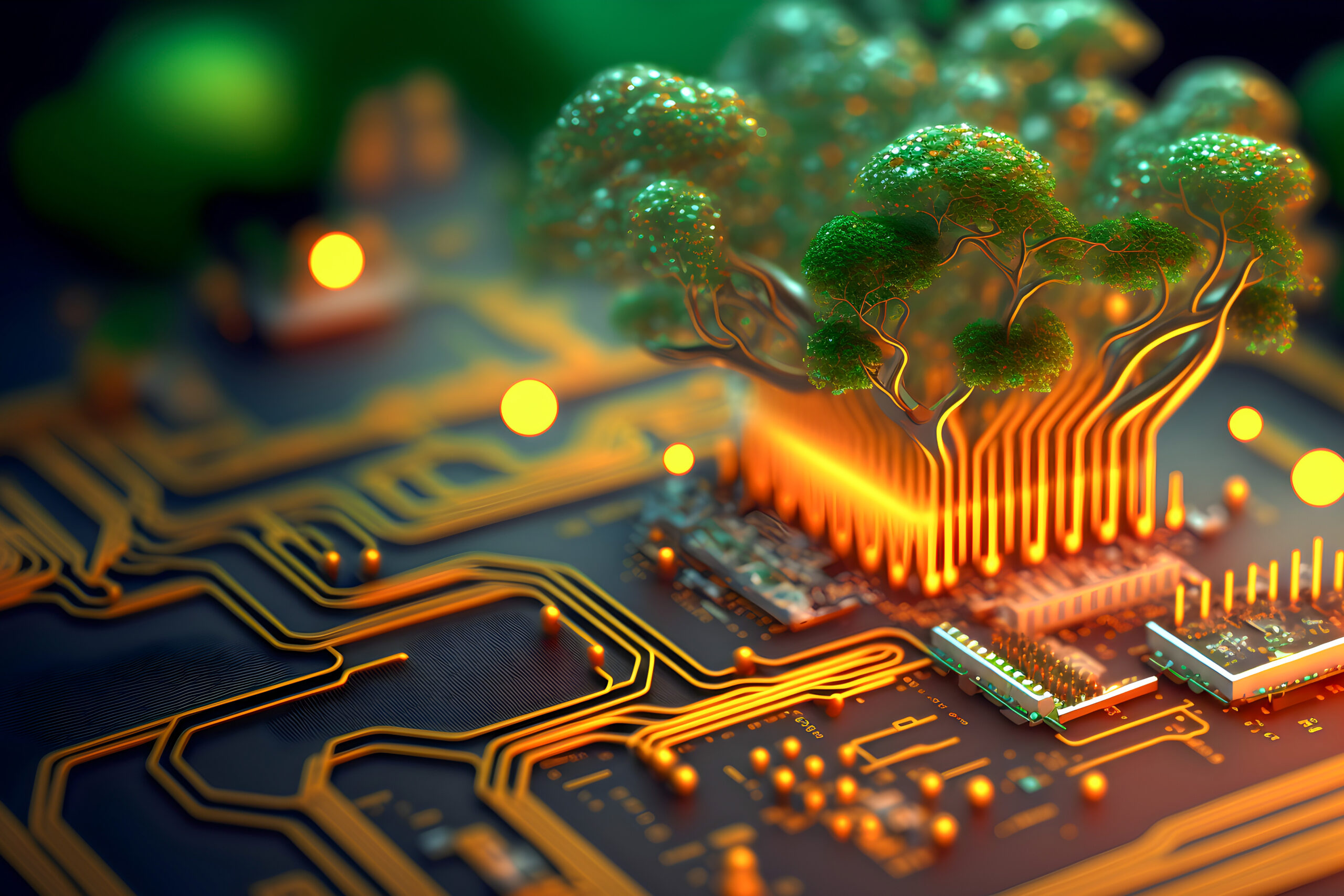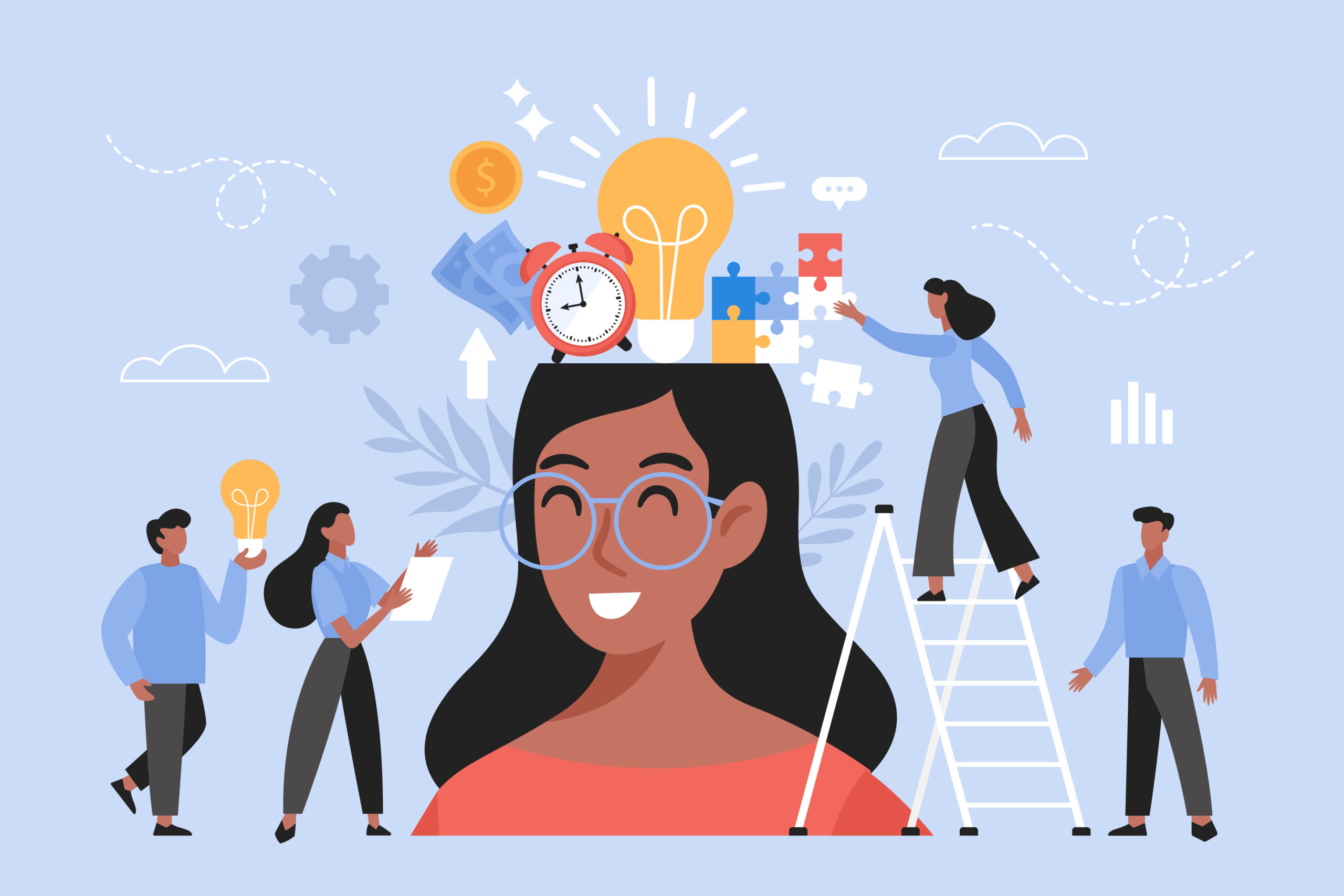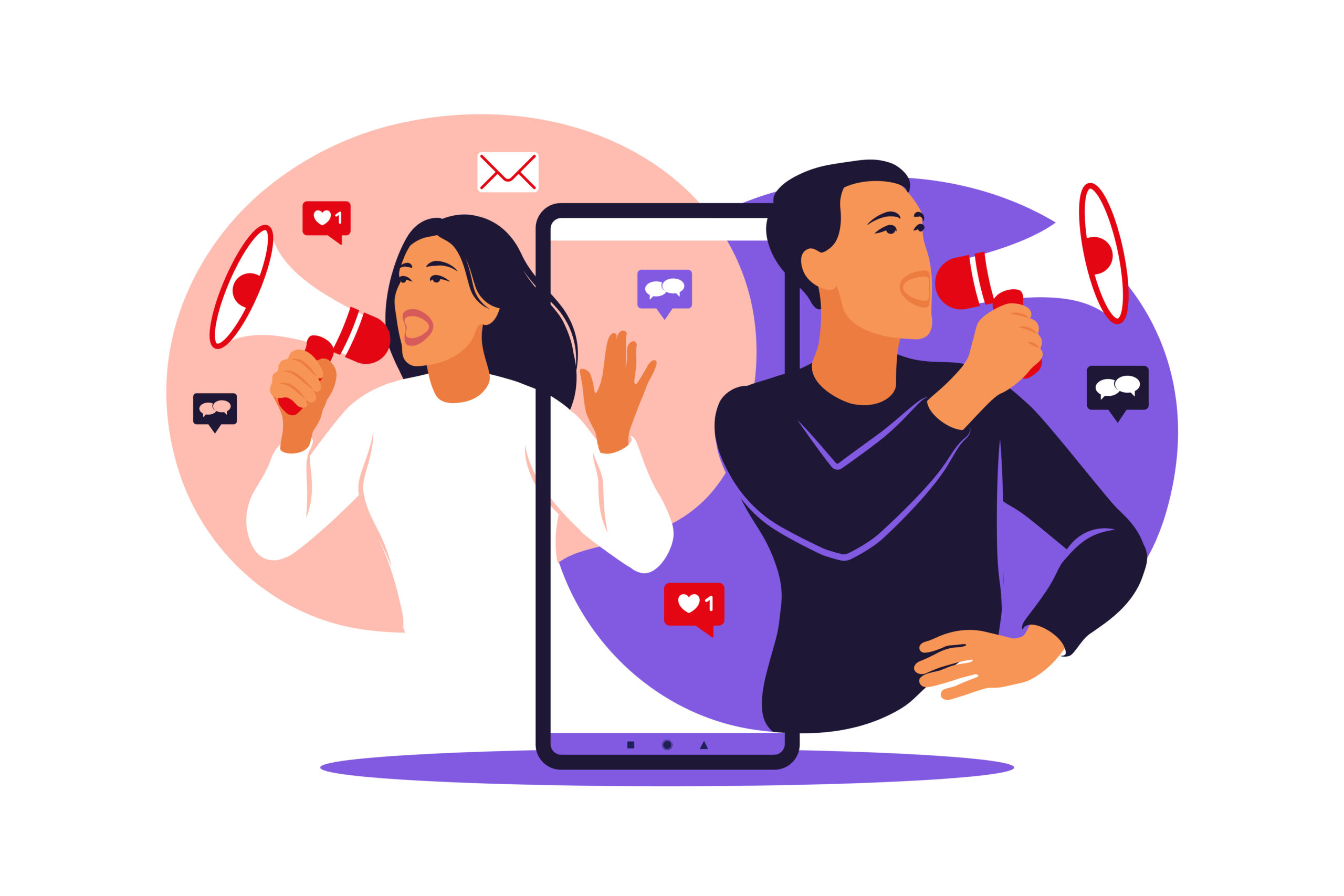The last year has seen the conversation around artificial intelligence start to really sizzle. From the release of ChatGPT to the realization of self-driving cars, we are witnessing the tech-tonic plates of the world shift — opening myriad possibilities. The combination of human brainpower and machine learning is revolutionizing industries, including the consumer packaged goods space. AI is transforming how CPG companies research, develop, and market their products, manage their supply chains, and engage consumers.
CPG companies function in highly dynamic markets with countless variables that impact supply, demand, engagement, and overall performance. As markets become more complicated, legacy systems are often less efficient at handling the complexity.
Today, the CPG industry has entered an era of increased efficiency and optimization using artificial intelligence. AI and machine learning are transforming how companies of all sizes, from global enterprises to bootstrapped startups, operate. Their game-changing potential has launched the CPG industry into a new epoch of intelligent enterprises.
Questions swirl, however, about the most effective and ethical ways industry leaders can balance AI’s transformation. Leveraging a technology that is reliant on data inputs carries some risks, insensitive content creation, copyright infringement, misuse of content, and more, which could have serious repercussions for brand reputation. The goal is to “carpe diem” on business opportunities while avoiding potential missteps.
Real-world AI Use Cases
Let’s explore how AI can impact the CPG value chain, plus how industry leaders are using it to enhance demand forecasting, optimize inventory, and modernize supply chain management.
Here are five pivotal ways AI can help transform the CPG space.
Research and Product Development
Generative AI can help CPG companies research and develop new products by helping to identify and track consumer trends, preferences, and feedback in real-time. Analyzing social media, consumer reviews, and other sources with the help of this technology can provide enhanced insights into consumers’ expectations, helping CPG brands produce products that better meet their customers’ needs. Brands that implement AI will be able to remain highly competitive by optimizing their understanding of the market to drive sales.
Supply Chain Optimization
Demand-sensing is the data-driven “crystal ball” that undergirds CPG supply chain planning. Correctly estimating upcoming demand across a distribution network with AI means product supply can be adjusted accordingly to help companies better manage inventory and logistics. By optimizing warehouse layouts with this tech, industry leaders can minimize the amount of inventory that needs to be stored, thus reducing costs and improving efficiencies. AI algorithms can also help identify the most cost- (and fuel-) effective transportation modes and routes, reducing gas consumption and overtime expenses — a win for their bottom line and the environment.
Demand Forecasting
Traditionally, CPG companies used statistical forecasting methods based on past sales. However, with increased market complexity and volatility, these reactive approaches are not always the most predictive. In contrast, AI-driven forecasting can analyze market trends, historical data, and factors like holidays and weather to more accurately forecast demand for consumer products. According to McKinsey, companies that apply AI-driven forecasting methodology to their supply chain management can reduce errors by 20% to 50%, helping manufacturers and retailers optimize production schedules, reduce waste, efficiently manage inventory, and ultimately improve profitability.
Personalization
Personalization allows for deeper engagement with customers and, at its most basic level, means using what you know about a customer to make interactions more relevant to them — from personalized messaging, product recommendations, personalized content, and more. AI personalization processes are data-based, meaning CPG brands can create more nuanced products, customized marketing campaigns, content, messaging, and recommendations for individual consumers. The more personal a brand’s communication feels, the deeper the connection — which is why personalization has become a holy grail for marketers.
Customer Service and Support
It’s always critical for CPG companies to maintain strong relationships with their customers to cultivate and maintain brand loyalty. While most brands currently use chatbots, newer AI-powered versions can more effectively assist customers with simpler and more rote tasks, reducing the workload on customer service teams. By providing in-depth, optimized customer support with these new tech tools, CPG companies can ensure that customers feel supported throughout their journey, gradually building confidence and brand loyalty.
AI in CPG Today
Some well-known CPG companies have begun to use AI for crucial business processes. Manufacturing and pet care giant Mars, for instance, is exploring AI for its pet food division to predict cats and dogs risk of developing chronic kidney disease, utilizing the technology to speed up genomic sequencing to provide individualized nutrition and care.
Nestlé, along with Campbell’s, Mars, Givaudan, and PepsiCo, are reportedly using a generative AI platform, Tastewise, to help test and validate new product ideas. Tastewise is a proprietary AI platform built on a vast dataset of food consumption, providing deep-reaching insights into billions of real-life moments of consumption, best-selling restaurant items, and more, opening the door to a flood of new recipes, product innovation, marketing campaigns, and more for this industry.
As more CPG brands start to implement AI-enabled platforms — such as It’sRapid, which boasts major retail partners like Target and Kroger — the stage is set for an AI revolution.
__________________________________
Bottomline
What is becoming increasingly clear is that AI has landed — and, regardless of industry, the world is fast evolving as it adapts to the inherent power of this new technology. CPG companies see that the time to harness AI’s potential is now. Business leaders who delay any further risk losing their competitive edge, while other, more pioneering brands shape the industry’s future.
If you’re interested in exploring how AI can benefit your brand, contact us. We have experts who can devise an AI game plan tailored to your specific business priorities. The future belongs to those who adapt.



